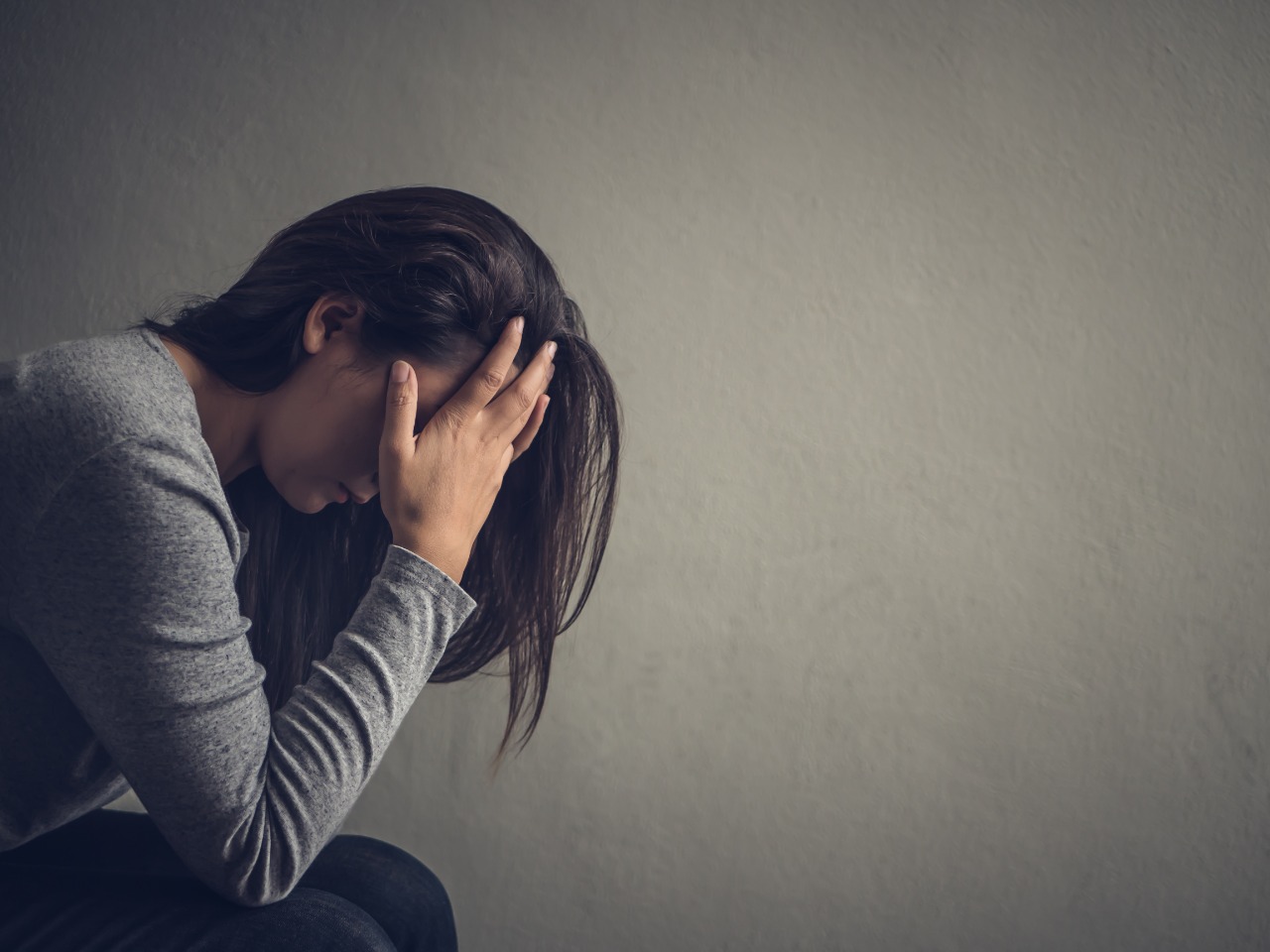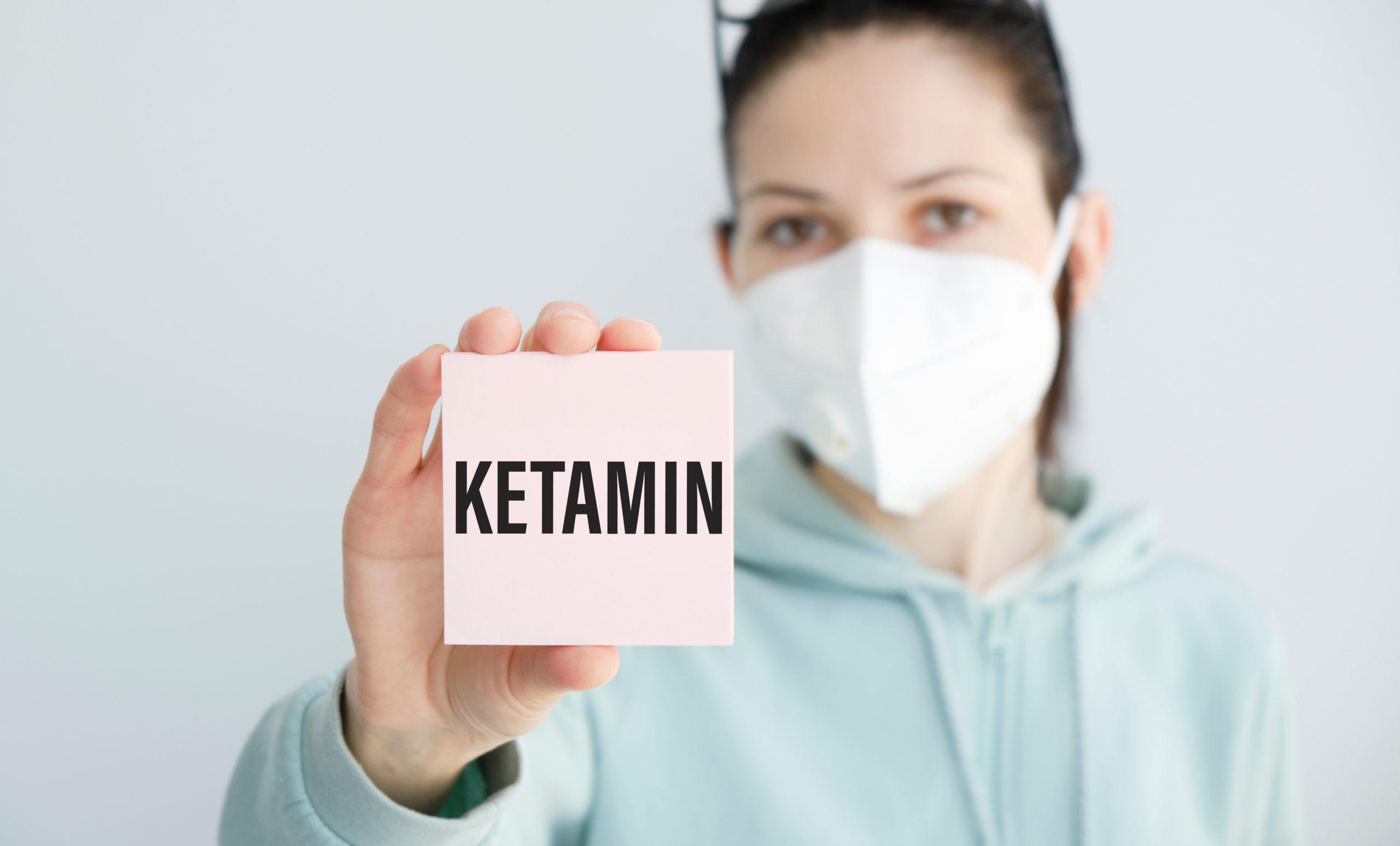Choosing a Ketamine Rehab to Treat Your Depression
Feeling sad and drained at times is not uncommon. Depression is when such feelings persist and hinder one’s life. Depression or Clinical depression though a little shocking to hear, is a common mental illness. Around 5-6% of the world’s adult population suffers from it.
Depression comes under the category of mood disorders. It affects the perspective of a person towards everyday activities and one’s behavior in general. A series of physical and emotional problems accompany depression. In severe cases, the person becomes suicidal. It requires proper diagnosis and treatment.
Causes of Depression:
- Biochemistry– People with depression tend to have chemical differences in the brain. These chemical differences affect the part of the brain that controls mood, thoughts, appetite, and sleep.
- Personality– Personality plays a crucial role in how life situations affect a person. People with low self-esteem or are pessimistic are more likely to experience depression.
- Hormones- Sudden changes in hormones can trigger depression. Hormonal imbalances during pregnancy, after childbirth, thyroid problems, menopause, and others lead to mood swings and depression.
- Genetics– A family history of depression is likely to put one at high risk of developing depression. When diagnosing a patient with depression, knowing the genetic history is crucial.
- Somatopsychic reasons– People suffering from diseases like cancer, stroke, Alzheimer’s, chronic physical pain, and others can develop negative attitudes and depression.
- Environment– Constant exposure to violence, poverty, and abuse can make one more likely to develop depression.
- Substance abuse– Depression is common among people with a history of alcohol consumption, smoking, and drug abuse.
- Medications– Certain medications can also put one at risk of getting depression, such as medicines for high blood pressure, Insomnia, sleep apnea, and others.
- Vitamin D deficiency– Vitamin D deficiency can also lead to depression. People in countries that receive less sunlight are more prone to depression than people in countries that receive an ample quantity of it.
Symptoms of depression:
Depression affects the everyday life of a patient. Its symptoms are-
- Aggressiveness, Irritability, and restlessness
- Sad, empty feeling, hopeless
- Feeling guilty, Withdrawal from social activities, loss of interest in activities.
- Constant fatigue and helplessness
- Little or too much sleep
- Overeating or loss of appetite leads to weight gain or weight loss.
- Difficulty in remembering things and making decisions. Lack of concentration.
- Fantasizing and thoughts about suicide.
Hard to diagnose:
Depression is hard to diagnose due to a lack of trained personnel. Many times depression is incorrectly diagnosed as some other ailment. At times people who are not suffering from depression are diagnosed with it and put on antidepressants. Social and cultural taboos in some parts of the world prevent people from seeking medical help for depression. People from low-income groups hesitate to get medical assistance as it is very costly.
The Treatment:
Depression is curable. Length of treatment depends on the degree of depression faced by a patient. It also depends on social and environmental factors. Different therapies such as
- Psychotherapy
- Cognitive behavior therapy
- Psychodynamic Therapy
- Light Therapy
- Electroconvulsive Therapy (in severe cases)
Medicines prescribed include antidepressants and neurotransmitter inhibitors.
Ketamine drug
Ketamine is an anesthetic drug used during treatments. It causes a dissociative effect where the person using it gets cut off from reality. It leads to distorted feelings, sensory distortions, and unusual fantasies. Ketamine administered to agitated people helps to calm them down.
Ketamine treatment for depression:
Ketamine for depression treatment has attracted attention over the years. It has been in use for nearly half a century for depression treatment. If the patient is not responding to other forms of treatment, ketamine has been helpful.
Benefits of Ketamine treatment for Depression
Other forms of treatment used for curing depression often work at a snail’s pace. People need to undergo various therapies and medications to get relief. Ketamine leads to the formation of Glutamate, which triggers the brain to form new neural connections.
It helps develop a positive attitude and behavior, an effect not seen with antidepressants. It gives results faster than other methods, and its results are long-lasting.
The Risks Involved
- The ketamine dose administered for depression is even lower than that used for anesthetic purposes. Overdose can lead to kidney failure, disturbed heart rhythm, and decreased blood pressure.
- Ketamine doses are administered with caution as it is addictive.
Final Overview
Ketamine detox center in New Jersey uses ketamine for treating various disorders like depression, anxiety disorder, PTSD treatment, and dealing with chronic pain.
Ketamine administered to patients is in the form of ketamine infusion or nasal sprays. Ketamine detox center in New Jersey specializes in the same. As Ketamine treatment is gaining popularity, more and more studies and research papers are coming out to understand how ketamine functions in managing depression.
It is a powerful and effective antidepressant that has brought hope to many people who have long suffered from depression and found no effective remedy.
Related Articles
Ketamine Treatment for Treatment Resistant Depression Could Save Your Life



